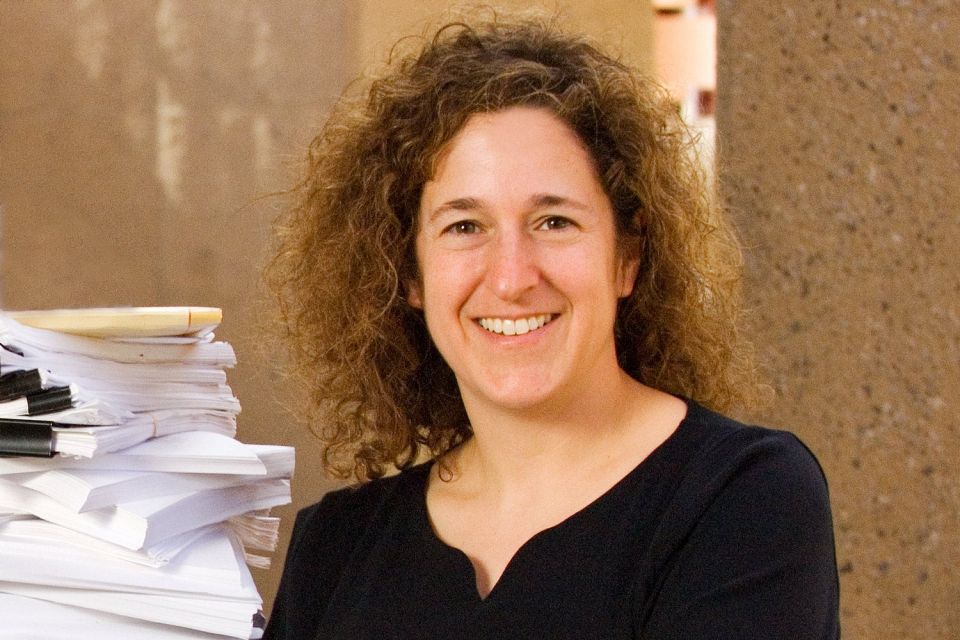For several years, a debate has been ongoing in the United States over whether charter schools are good or bad for the country’s education system and the 50 million children it serves.

Professor Susanna Loeb explores how education policymakers reach decisions in her new book. (Image credit: L.A. Cicero)
Supporters say that charter schools foster innovative learning experiences because they are not bound by the same governmental regulations imposed on public schools. Opponents say that charter schools deplete public schools of funding and contribute to racial segregation.
This is one of several complex issues that Stanford Professor of Education Susanna Loeb explores in a newly published book, Educational Goods: Values, Evidence, and Decision-making.
Loeb says both the supporters and opponents of charter schools – and the decision-makers who set educational policy – might not have the data they need to fully weigh the pros and cons, in part because most research has focused on test scores rather than other measures.
While test scores measure outcomes such as the knowledge students gained in school, Loeb and her co-authors encourage policymakers and education researchers to consider the many different outcomes of an education. They hope to inspire more social science research that focuses on more than just measuring test scores.
“Being explicit about what values matter helps decision makers understand what is at stake and helps researchers orient themselves to provide the relevant evidence,” Loeb and the other scholars write.
Beyond test scores
Loeb, who is the Barnett Family Professor of Education, studies the economics of education and the relationships between schools and federal, state and local policies. She said the work in her recent book came from a realization she and other researchers in the field came to after several discussions in the late 2000s.
“We noticed that there wasn’t a clear way for policymakers and education researchers to talk about all the possible benefits that an education can bring to our children and society,” Loeb said. “The result is that most existing research in education doesn’t provide much insight on other student outcomes besides test scores, and the conversations among policymakers in education tend to concentrate on a narrow set of outcomes.”
When it comes to getting an education, most people agree that good grades are not the only thing children need in order to flourish in life, Loeb said. Instilling certain attitudes and dispositions, like a disciplined work ethic and respect for others, also matter, but are harder to measure and therefore harder to study.
In their book, the researchers offer a framework that they hope will guide future educational research and help officials make better value-based, data-informed decisions.
Clash of values
Educational values that go beyond test scores – and the desire for every child in America to have an equal opportunity to succeed – often clash with other values, such as parents’ interests, a respect for democratic processes and the freedom of people’s residence and occupation.
For example, parents who want more options for how to help their children succeed may compete with the goal policymakers have of equally distributing educational benefits among children in the country.
Research that explores outcomes from different educational policy proposals would help decision-makers balance these different values and set policies accordingly, Loeb said. But because most research in education concentrates on test scores rather than other outcomes, decision-makers don’t have the data they need to make the best possible decisions or even have conversations about their options.
“We hope to help decision-makers identify what values they care about when it comes to education and figure out what research is useful in order to make the best decisions they can,” Loeb said. “We also hope that our approach will inspire social scientists to attend to that broader range of outcomes and will stimulate funders to encourage research that provides the evidence needed for decision-makers to make empirically informed and morally responsible decisions.”